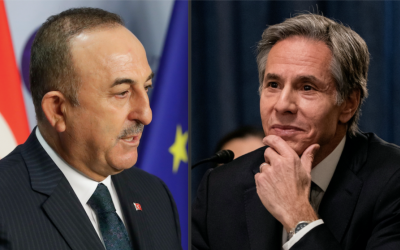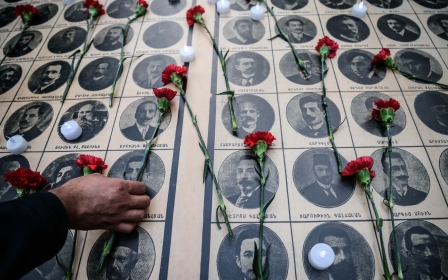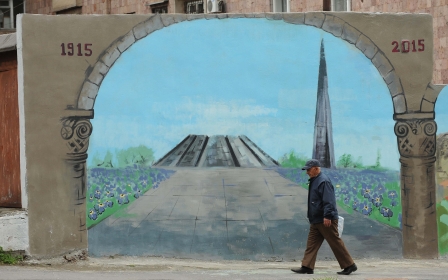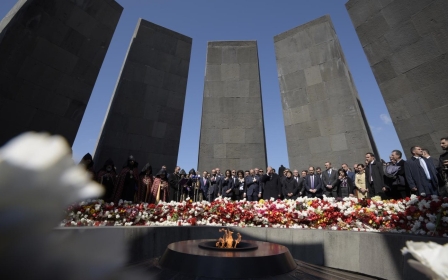Turkey warns Biden's genocide recognition could derail reconciliation with Armenia
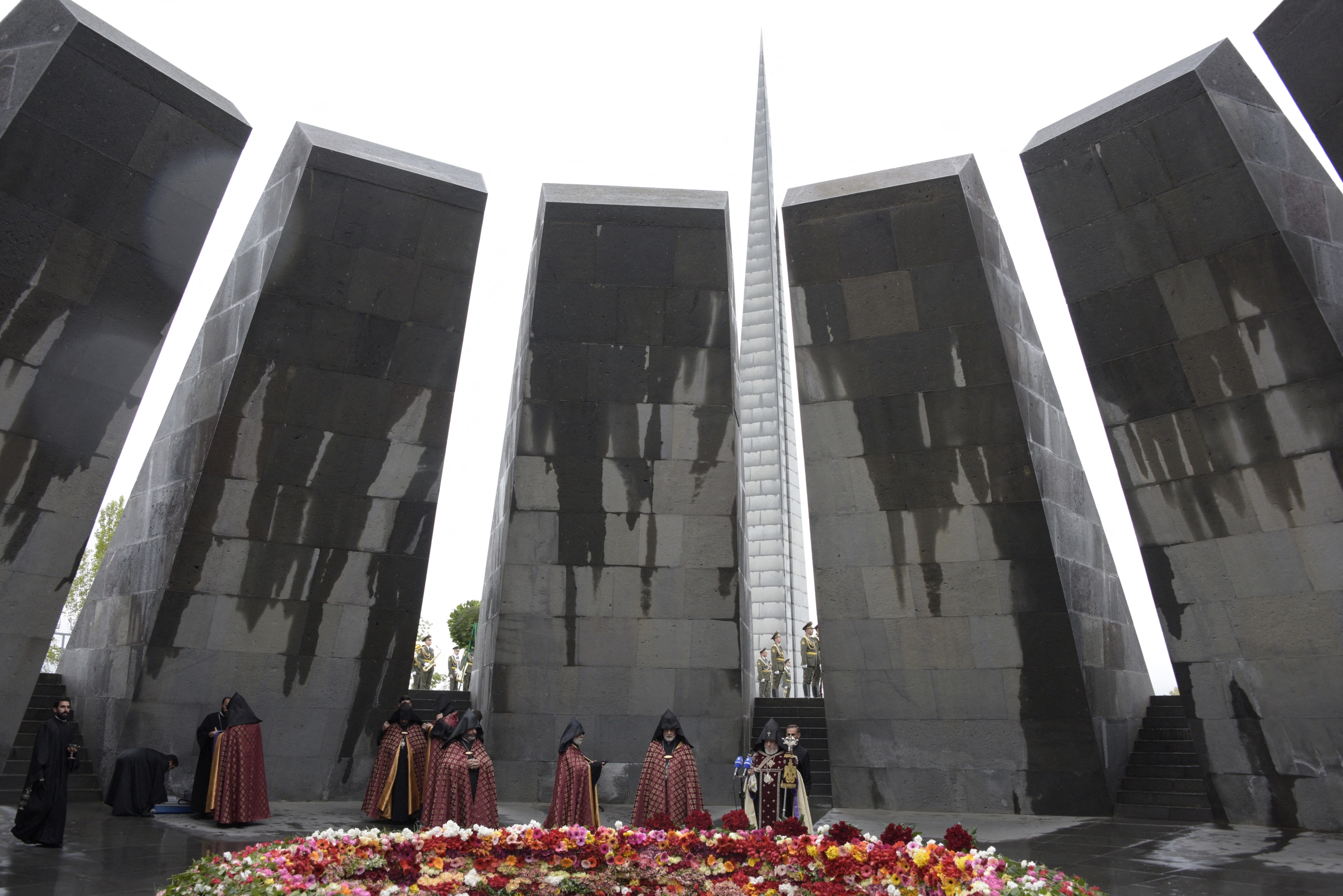
Turkey has warned the United States that recognising the mass killing of Armenians in the Ottoman Empire as genocide may have ramifications, saying that the move could impede possible reconciliation efforts with Armenia.
Several US newspapers reported earlier on Thursday that US President Joe Biden would reveal the symbolic designation on Saturday, the 106th anniversary of the beginning of the killings, becoming the first American president to do so. Biden has yet to hold any phone call with his Turkish counterpart, Recep Tayyip Erdogan.
The US Congress voted to describe the mass killings as genocide in 2019, a move that came after Nato ally Turkey’s military incursion in Northern Syria, which angered US government officials and elected representatives in Washington.
'If Americans call the 1915 events as genocide in such circumstances, this could sabotage the entire process in the Caucasus'
-Senior Turkish official
Turkish officials believe the US move would be counterproductive and diminish already ties already damaged by a set of disagreements, including Ankara’s purchase of Russian S-400 missile systems.
One senior Turkish official said that after the end of hostilities in Nagorno-Karabakh last year, there was a real chance of a reconciliation between Turkey and Armenia in the coming months.
New MEE newsletter: Jerusalem Dispatch
Sign up to get the latest insights and analysis on Israel-Palestine, alongside Turkey Unpacked and other MEE newsletters
Before the war, Azerbaijan had been blocking any Turkish attempts to open the border with Armenia, saying that Yerevan must first withdraw from the occupied territories. However, Azerbaijani President Ilham Aliyev said last year that their stance on this issue has changed.
“We would like to normalise ties with Armenia. If we see a positive momentum, we could open the borders,” the senior Turkish official told Middle East Eye. “If Americans call the 1915 events as genocide in such circumstances, this could sabotage the entire process in the Caucasus."
The official said Erdogan's chief foreign policy adviser Ibrahim Kalin transmitted the same message to US National Security Adviser Jake Sullivan last month.
“We reminded them that any event could be construed as genocide after a court establishes the facts as it has happened in Rwanda and Srebrenica,” the offıcial said. “So there is no legal basis for this possible US declaration. The terminology was also coined after the Second World War, decades after the 1915 events.”
Even though Erdogan has commemorated the date and sent messages of condolences to the Armenians in the past few years, the Turkish government claims that Turkish citizens were also killed by Armenians during the war. Erdogan for years called for the establishment of a joint historical committee with Armenia to establish the facts on the issue.
Over 30 countries, including Germany, France, Italy, Bulgaria, Russia, Greece, and the Netherlands recognise the Armenian killings as genocide, along with the Catholic Church and European Council.
Historians say an estimated 1.5 million Armenians were killed in Ottoman-controlled territory through systematic deportations, starvation and murder.
While Turkey acknowledges that many Armenians died during the conflicts, the Turkish government denies that the killings were part of mass systemised murder.
Normalisation efforts
Both Turkey and Armenia were close to setting up a history committee in 2009 when they signed a normalisation protocol.
However, the protocol was never enforced due to Azerbaijani pressure and the Armenian Constitutional Court’s decision in 2010, which legally necessitated Turkey’s recognition of the genocide as a primary rule for normalisation. The court also described the East of Turkey as “Western Armenia,” a designation that did not go down well in Ankara.
US officials maintain that the recognition of Armenian genocide is a "moral duty" that trancends bilateral interests, yet there is also a sizeable Armenian community in the US, which has been lobbying US presidents for some time.
On the other hand, the sensitivity of referring to the events of 1915 as a genocide has decreased over the years, as bilateral Turkish-American relations have gone through a downward spiral.
Turkish Foreign Minister Mevlut Cavusoglu said earlier this week that the United States should show respect to the international law, as UN decisions define what is or is not deemed a genocide.
“We need to liberate ourselves from such fears. I don’t mean that I don’t care what America says. But as a state that knows its history, we have to be sure of ourselves. If the US wants to worsen the relations, that’s their own choice,” he said.
Middle East Eye delivers independent and unrivalled coverage and analysis of the Middle East, North Africa and beyond. To learn more about republishing this content and the associated fees, please fill out this form. More about MEE can be found here.


